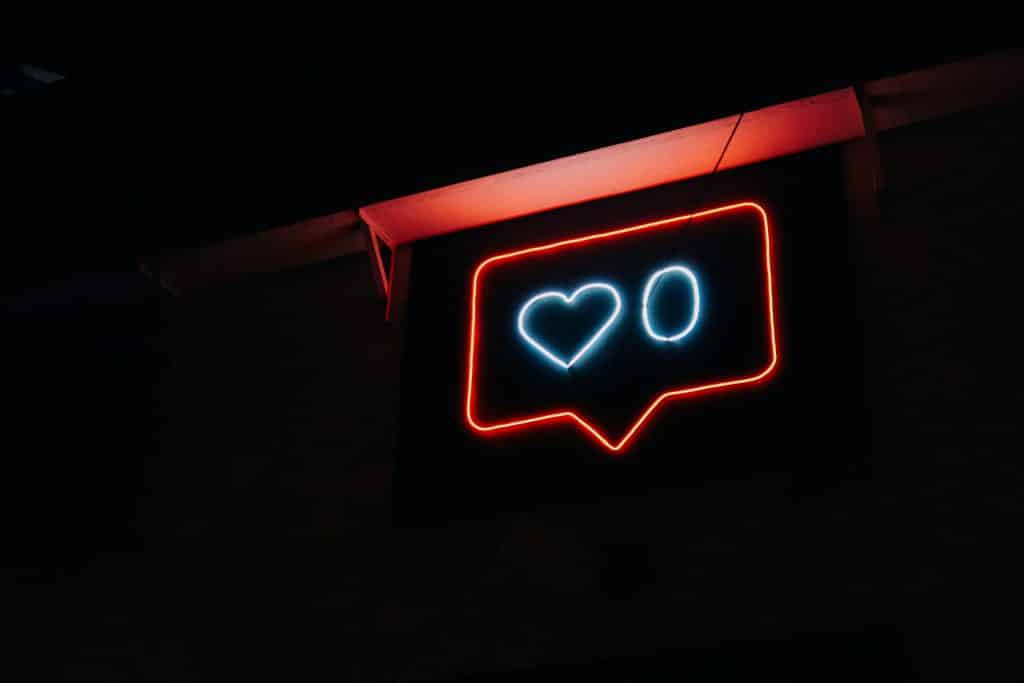
The day Instagrammers have long anticipated has finally arrived. Instagram CEO Adam Mosseri announced that the app is now hiding likes from US users.
With this test, the number of likes on users’ posts will be hidden from the public, visible only to the post’s creator. Although the social media company announced this test recently, word of this change first spread after software engineer Jane Manchun Wong discovered the code for the update earlier this year. Below is a comparison between the test Wong found and the post with likes still intact. In the screenshot of the code, both the number of likes and the accounts that liked the post are hidden from view. Several US accounts have already been updated with this change.
Mosseri announced this test at the Wired25 conference, citing mental health and public pressure as the reasons for change.
“We will help people’s well-being and health,” says Mosseri. “The idea is to try to depressurize Instagram, make it less of a competition, and give people more space to focus on connecting with the people they love and the things that inspire them.”
The US test comes months after the initial experiment in Australia, Brazil, Japan, Ireland, Italy, and New Zealand.
Table of Contents
Hidden Likes and the Effects on Influencer Marketing
If rolled out, hidden likes can cause a few problems for influencer marketing. If brands use likes to measure influencers’ clout, they may have a difficult time determining the best person to hire for sponsorship without those metrics. Likes show the breadth of influencers’ reach, and the more interaction on a post, the more lucrative those influencers can be. On the other hand, hidden like counts may not throw a wrench in social media marketing, since influencers can simply show their metrics from their analytics page.
Whether or not hidden likes will stifle the ability to grow followers is also up for debate. Since likes function as social proof, their disappearance may make it difficult for users to assess the credibility of an account and, consequently, decide whether the account is worth following. Then again, follower and engagement numbers will remain visible to the public, and users can refer to those metrics in deciding whether an account is legitimate. Even still, if all engagement numbers were hidden, users will follow accounts based on content quality and relevance rather than popularity, which is likely a practice they do now.
Hidden Likes and the Effects on User Behavior
By hiding likes, Mosseri hopes to “depressurize” the platform so users do not feel compelled to join the unspoken popularity contest in which the victor accrues the most likes. When users feel more liberated to post content for themselves and not for engagement numbers, for fun and not for perfection, they may feel encouraged to post more often.
Of course, the opposite may occur. Users may feel less compelled to hit the “like” button on posts they enjoy if they find the action to be pointless. In fact, A HypeAuditor study reported by Social Media Today shows the effects of hidden likes in the accounts of influencers from countries where the test was active at the time: UK, Brazil, Ireland, Italy, and Japan. The study found that the test resulted in decreased likes for many of the accounts. US accounts with hidden likes may meet the same fate.
To Like or Not to Like: People Weigh In
Instagram’s test has certainly sparked conversation among regular users, influencers, and social media marketers. Some view the update as a welcome change, some see it as an impediment to social media marketing. This is what people say about the change.

“Instagram hiding likes is a good thing. I feel it levels the playing field a little bit between the haves and have-nots on Instagram. People who do not have a big following and are trying to build their accounts have an opportunity to post amazing content that people might not have given a chance because it didn’t appear popular.”
—Dominique Clare, Sports and Fitness Influencer

“I’m excited about the experiment. It will bring Instagram back to its roots, the way Kevin Systrom and Mike Krieger wanted it to be. It will help make the platform more authentic. Many influencers worry that it will make people like their posts less because it doesn’t matter as much. I don’t see that happening. We are so used to double-tapping or clicking likes. Not much will change.”
—Amber Faust, Parenting Influencer of Faust Island Family Blog

“In terms of user behavior, this will likely create a shift where users begin to focus more on the quality of the content compared to popularity, which would be difficult to assess without a visible like count. It would probably also lead to a decrease in overall likes across the entire platform, as there’s less incentive to engage with posts in this manner.”
—Michael Anderson, Marketing Specialist at GeoJango Maps

“For brands marketing on Instagram, this development shouldn’t be a big concern. Likes for influencer accounts were always a poor way to measure engagement, since it’s easy for bot or paid accounts to like posts. Brands should continue the same content strategy they’re currently employing and focus on organic growth.”
—Calloway Cook, President of Illuminate Labs
“Hiding like counts will, beyond a doubt, have big implications for influencer marketing. Public visibility of likes is what enables brands to measure—or at least verify—the engagement levels of influencers before choosing to work with them. For marketers and PR teams, not having likes as public data will also make it much more difficult to track and measure the value of campaigns.”
—Rachel Kaiser, Marketing Manager at Shotkit

“I’m all for it. From a partnership perspective, it doesn’t change anything, as you will still be able to see post metrics from the business page. If anything, I think it’ll place more importance on comments, as you’ll be able to see the number of those from the feed.”
—Killian Abuan, Social Media Specialist

“I’m all for it. With the continuously changing algorithm, it’s harder to get likes these days, and that puts a lot of pressure on content creators. Sometimes we focus more on likes than the content we truly want to create, so hopefully the disappearance of likes can help us get back to what we truly care about.”
—Toshiko Shek, Content Creator and Photographer

“To be honest, I love that they’re hiding Instagram likes. I think
it’s going to have a massive benefit for every user’s mental health. I also think it will create more healthy competition between brands. If
you’re a smaller brand with not a huge following, you still have the
opportunity to get likes and not feel inferior to another brand you’re
competing with. It definitely helps those who are just starting out and are
trying to build a quality following.”
—Ciara Hautau, Lead Digital Marketing Strategist at Fueled

“Although most marketers—including myself—can see the personal benefits of hiding likes on Instagram, it does create a huge problem for individuals and brands that use the platform professionally. Hiding users’ likes will make determining an influencer’s value problematic. The entire process of working with an influencer will become more complex, from pricing a sponsored content project to assessing the success of a personal campaign.”
—Bethany Spence, Content Marketing Specialist at Exposure Ninja
What Now?
This test, like the many that have preceded it, will only roll out if users respond well. Above all, Instagram values a large user base, and if the social media company finds the test to reduce daily active users, it is unlikely that Instagram will proceed with the roll out.
Instagram has yet to disclose how long the test will last. It may be a matter of months before the company will announce an update.
By Anne Felicitas, Editor
